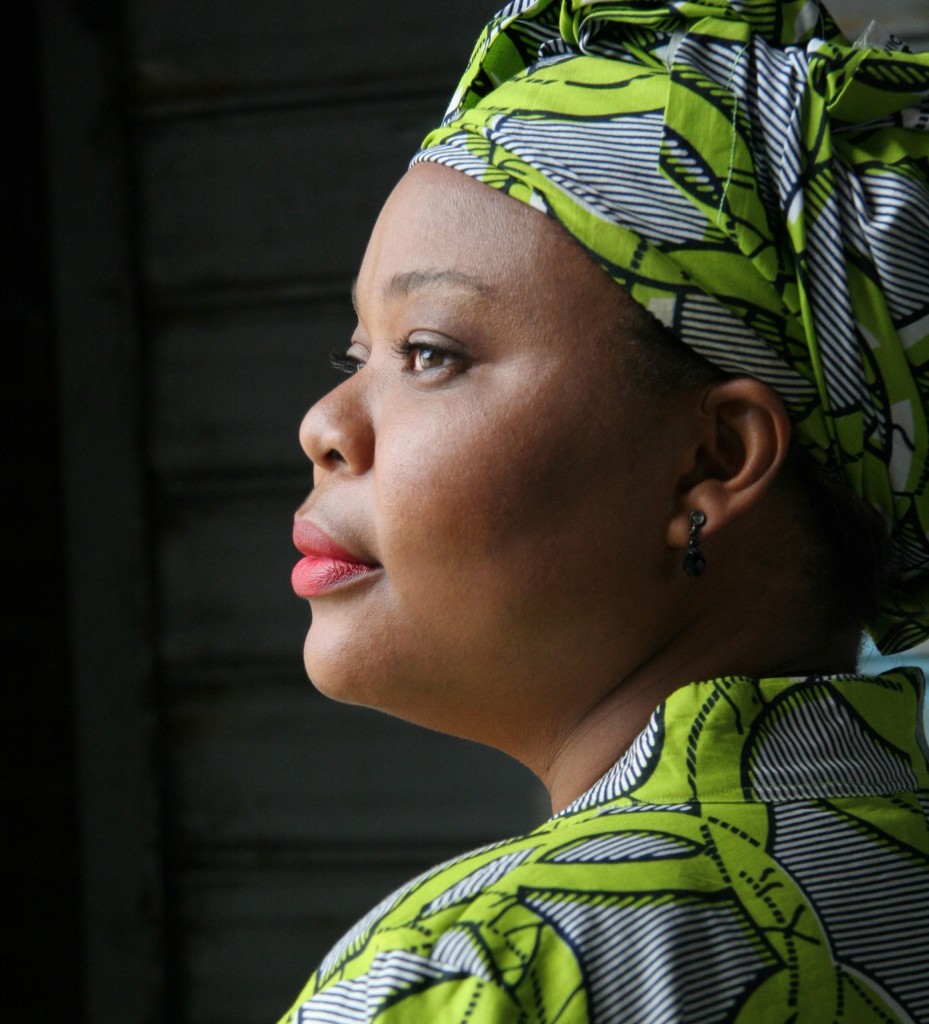“The women of Nigeria have kept the pressure on”: Nobel Laureate Leymah Gbowee on #BringBackOurGirls
 Women react during a protest demanding Nigerian security forces to search harder for over 270 schoolgirls abducted by militant group Boko Haram in northeastern Nigeria in mid-April. Photo credit: REUTERS / Afolabi Sotunde http://bit.ly/1isXJmR
Women react during a protest demanding Nigerian security forces to search harder for over 270 schoolgirls abducted by militant group Boko Haram in northeastern Nigeria in mid-April. Photo credit: REUTERS / Afolabi Sotunde http://bit.ly/1isXJmR
As Nigerian women bring international attention to the abductions, Gbowee describes the ability of women to keep society together and build peace, even in the midst of wars.
International media attention has gained momentum on the story of over 270 school girls who were abducted in Chibok, Nigeria by militant group Boko Haram in mid-April.

But Liberian peace and women’s rights activist and Nobel Laureate Leymah Gbowee wants people to know that from the moment the girls were taken away, the women of Nigeria have kept the pressure on.
“It’s because of those brave women that today the world is turning its attention on Nigeria,” said Gbowee on CNN yesterday.
Gbowee strongly condemned “this new wave of using women and girls as sex slaves for soldiers,” and also highlighted that the news coverage of wars and conflicts around the world is often only part of the story.
“Media coverage is always about the boys with guns, and never about the women and children as anything other than victims,” said Gbowee when I interviewed her in March. She highlighted that media coverage of conflict too often ignores women’s efforts to build peace.
On CNN, Gbowee described spontaneous actions by women concerned about the safety and security of these girls throughout different parts of Nigeria.
“Three weeks later, the world is protesting with them,” she said.
Long-term, on-going conflict-resolution processes, especially those led by women, are more difficult to understand and report. Thus women’s stories are easily pushed aside in favor of the most recent, dramatic, or shocking aspects of a conflict.
“It’s amazing to me how media outlets tend to overlook the ability of women to keep society together, keep the community together, keep their homes together, keep their families together, even in the midst of wars…And this rarely gets media coverage,” Gbowee explained in March.
Indian author and journalist Ammu Joseph reiterates Gbowee’s depiction of women’s role during conflicts. “If women hold up half the sky during peacetime, they hold up even more of it during wartime. This is surely a fact that the media have a responsibility to recognize and report,” she writes. “One way to begin is to acknowledge women as legitimate and vital sources of information, as well as insight, even in the context of war, the ultimate manifestation of machismo.”
Leymah Gbowee saw that it is women who bear the greatest burden in prolonged conflicts when civil war ravaged her home country of Liberia. She began organizing Christian and Muslim women to demonstrate together, launching protests and a sex strike. Gbowee’s part in helping to oust Charles Taylor was featured in the documentary Pray the Devil Back to Hell.
When I interviewed Gbowee in March, she had just returned from the DR Congo.
“Even though the global media narrative is that DR Congo is the rape capitol of the world, I left telling myself that, from all of the stories I heard, DR Congo should be the capitol of sisterhood and solidarity…And this is not just the story of DRC, but it’s the story of Syria, of the Central Africa Republic, of South Sudan, [and now Nigeria] – all places where wars have taken place, and terrible wrongs have been done.
“Local women’s groups in every part of the world try to right some of the wrongs in their communities on a daily basis, even though they didn’t wage these conflicts. This is what we do.
“We ‘right the wrong’ when our lives are turned upside down.”
***
Gbowee was a recipient of Oxfam’s “Right the Wrong” award as part of International Women’s Day earlier this year. She received the Nobel Peace Prize in 2011 and is an Oxfam Global Ambassador.